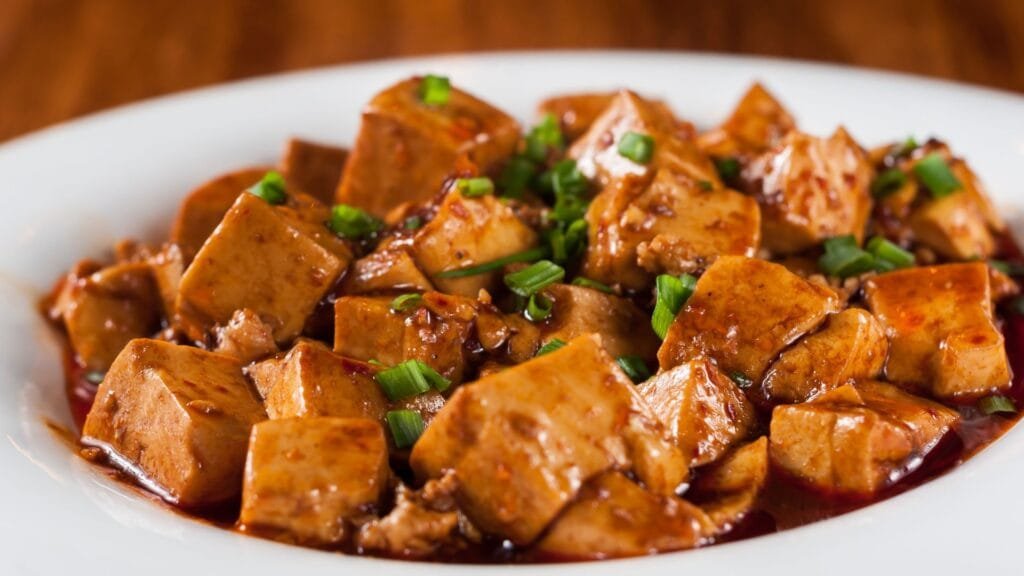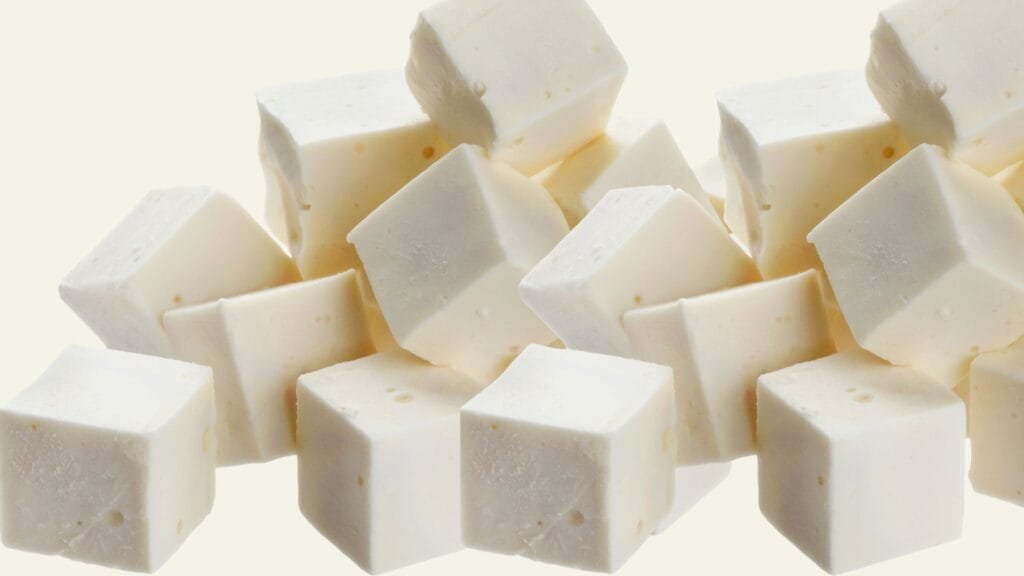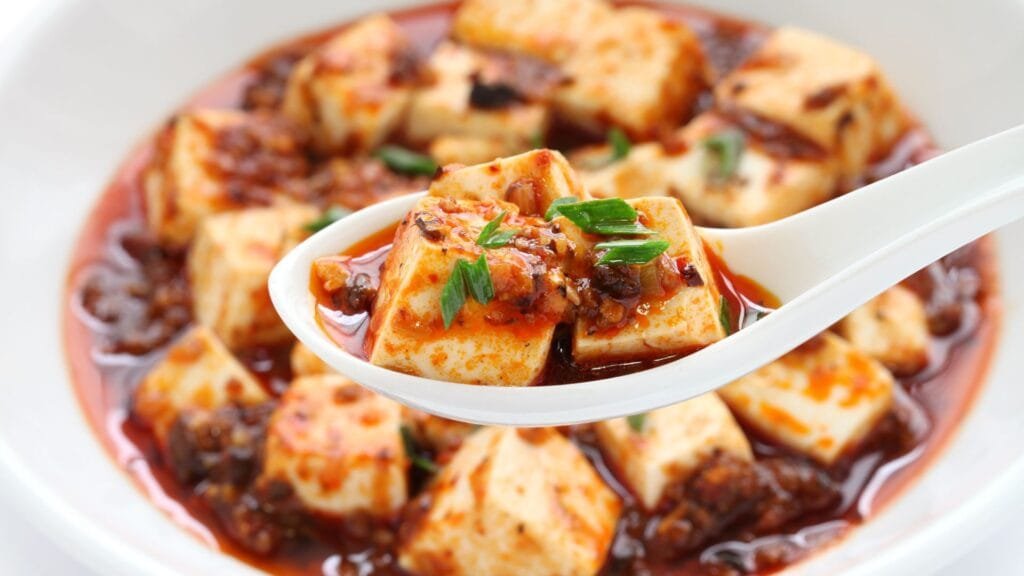Common Myths about Tofu Debunked
Common Myths about Tofu Debunked: Tofu, a versatile and nutritious plant-based protein, has been a staple in Asian cuisine for centuries. Despite its popularity, several myths and misconceptions surround tofu, particularly concerning its health effects and culinary use. In this blog post, we’ll debunk some of the most common myths about tofu and shed light on the facts along with sources for further reading.
Myth 1: Tofu is Bland and Tasteless
Reality: Tofu is often criticized for being bland, but this perception stems from how it’s prepared. Tofu is like a blank canvas that absorbs the flavors of the ingredients it’s cooked with. Marinating tofu or cooking it with spices and sauces can transform it into a flavorful component of any dish. Whether it’s baked, stir-fried, or blended into smoothies, tofu can be incredibly tasty when prepared correctly. find EASY TOFU RECIPES EVERYONE LOVES

Myth 2: Tofu is Unnatural and Highly Processed
Reality: Tofu is made from soybeans, water, and a coagulant, such as calcium sulfate or magnesium chloride, to curdle the soy milk. This process is relatively simple and comparable to cheese-making. Traditional tofu, especially when made organically, is far from being highly processed. It’s a wholesome food that has been consumed for centuries in various cultures.

Myth 3: Tofu is Bad for Men Because of Estrogen
Reality: This myth arises from the presence of phytoestrogens (plant estrogens) in soy. However, phytoestrogens are not the same as human estrogen and do not have the same effects on the body. Numerous studies have shown that consuming soy does not adversely affect testosterone levels in men. In fact, soy foods can be part of a healthy diet for both men and women.

Myth 4: Tofu Causes Breast Cancer
Reality: Early studies suggested a link between soy and breast cancer, but more recent and comprehensive research has debunked this myth. Current evidence indicates that soy consumption does not increase breast cancer risk and may even have protective effects, particularly when consumed as part of a balanced diet. The American Cancer Society states that moderate consumption of soy foods is safe for everyone, including breast cancer survivors.

Myth 5: Tofu is Not a Complete Protein
Reality: Tofu is indeed a complete protein, meaning it contains all nine essential amino acids that the body cannot produce on its own. This makes tofu an excellent protein source for vegetarians and vegans. Its protein content is comparable to that of meat, making it a valuable addition to a plant-based diet.

Myth 6: Tofu Contains Antinutrients That Block Nutrient Absorption
Reality: Like many plant foods, tofu contains antinutrients such as phytates and oxalates. However, these compounds do not significantly impact nutrient absorption in a balanced diet. Cooking and fermenting soy can reduce antinutrient levels, and consuming a varied diet ensures adequate nutrient intake.

Myth 7: Tofu is Only for Vegetarians and Vegans
Reality: While tofu is a staple in vegetarian and vegan diets, it is enjoyed by many non-vegetarians as well. Its versatility allows it to be incorporated into a wide range of dishes, appealing to diverse culinary preferences. Tofu can be used in salads, soups, desserts, and even grilled as a meat substitute in mainstream diets. Try these EASY TOFU RECIPES EVERYONE LOVES

In Conclusion
Tofu is a nutritious, versatile, and environmentally friendly protein source that can be part of a healthy diet. By debunking these common myths, we hope to encourage more people to embrace tofu and explore its culinary potential. Whether you’re a seasoned tofu enthusiast or new to plant-based eating, tofu offers endless possibilities for delicious and nutritious meals.
Sources
- Harvard T.H. Chan School of Public Health – The Nutrition Source: Soy
- National Center for Biotechnology Information (NCBI) – Review of the Effects of Soy on Men’s Health
- Harvard Health Blog – Dispelling Myths About Soy
- Nutritional Research Reviews – The Impact of Soy Consumption on Health
- American Cancer Society – Soy and Cancer Risk: Our Expert’s Advice
- Mayo Clinic – Tofu: Health Benefits and Nutritional Information
- The Physicians Committee for Responsible Medicine – Health Benefits of Soy
Want to save this for later? Post these Easy Tofu Recipes to the “Tofu Recipes” OR Vegan Food Recipes” Board!

Tofu Press
Using a good Tofu Press is crucial for enhancing the texture and flavor of tofu in your culinary creations. Pressing tofu removes excess water, allowing it to absorb marinades and spices more effectively, resulting in a richer and more robust taste. This process also improves the tofu’s texture, making it firmer and more suitable for grilling, frying, or baking. A well-pressed tofu holds its shape better and achieves a desirable crispy exterior while remaining tender on the inside. Investing in a quality tofu press simplifies this process, saving time and ensuring consistent results, ultimately elevating your dishes to a new level of deliciousness. Here is our favorite Tofu Press. It easily And quickly remove water from Tofu to Improve the flavor and give Perfect Texture every time.

